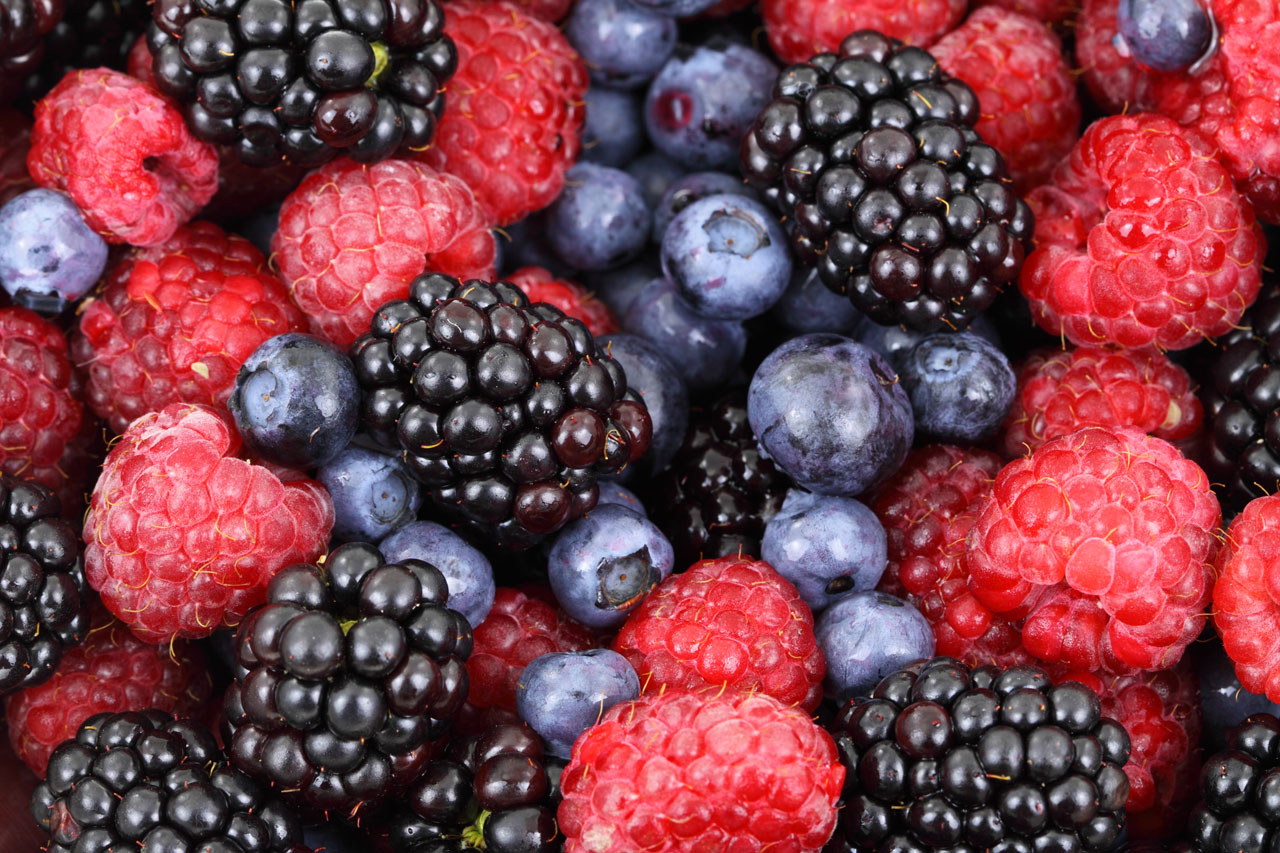Don’t Supplement with These Five

Using food to get essential nutrients is always best. This is why a varied diet is ideal. It’s especially important
when it comes to a five key nutrients which can have serious health complications when taken in a concentrated form.
1. Calcium
Supplementation with this nutrient was long believed to be important for reducing risk of fracture in an aging
population. Studies now confirm that supplementing calcium can lead to increased calcification of arteries, kidney
stones and does not increase bone health.
Most people get enough calcium through diet and the RDA (recommended daily allowance) is 1000- 1200 mg/day.
Absorption of this important nutrient increases on a higher protein diet. Fat soluable vitamins K2 and D are
essential for proper use of calcium in body.
Specifically K2 transports calcium to be used in the bones, otherwise it will build up increasing the risk of
cardiovascular disease. Eating fortified foods without enough of the synergistic vitamins can be problematic. All
multivitamins have calcium as do many breakfast cereals, breads and non-dairy milks. Orange juice also is fortified
with calcium.
Please check labels and reduce your intake of these fortified foods while increasing Vitamin K2 and D. Vitamin D
from adequate daylight and sun exposure is best. If supplementing 35-60 ng/mL is enough. (Mega dosing vitamin D is
not safe but I will address that in another post.) The highest food sources for calcium are sesame seeds, sardines or
salmon with the bone in, dairy, leafy greens and almonds.
K2 is found in grass-fed dairy and fermented foods. Current research indicates that there is no
toxic upper limit for K2 and those with osteoroporosis can have as much as 30-45 mg/day. For others a dose of
100-1000 mcg/day is adequate.
Regular weight-bearing movement stimulates the human growth hormone which is an important way of prevent fracture.
2. Beta-Carotene
This is the inactive form of Vitamin A. The active form is retinol. Studies have found that too much beta carotene
may decrease Vitamin A levels overall. For this reason it is important to moniter beta-carotene intake and ensure
enough retinol in the diet. Just eating more carrots for eyesight isn’t enough.
The liver has a storage bank of retinol so those on vegans diets may thrive for a number of years and then see a
series of health concerns emerge that may be connected with Vitamin A deficiency as the storage bank is used up. Cod
liver oil at 1 tsp/day or 4 ounces of liver/week provides the active form of Vitamin A.
Fish head soup and liver pate are great ways to up your intake. The indigenous people of the of BC fed an early
explorer who had become blind some fish head soup to nurse him back to health. Remember this is a fat soluable
vitamin so fat increases absorption and also it is stored in body. Too much is not safe but enough is essential.
Supplementing with beta carotene has been linked with a higher risk of cancer and heart disease when combined with
other lifestyle factors like smoking or drinking heavily.
3. Vitamin E
Here is another potent fat-soluble. It is anti-inflammatory protecting from free radicals. But supplementing with
any of the three forms (phenols, tocopherols and tocotrienols) increases mortality of all kinds. Trout, nut/seeds,
avocado, apricots and tomato sauce are all good sources.
4. Folic acid
Folate is anther nutrient that has been misunderstood. It is especially important in pregnancy and fetal development
however the form it needs to be in is folate. Supplementing with folic acid can lead to a deficiency of B12 by masking
B12 levels. Low B12 has a long list of serious health consequences and is common in vegetarian and vegans. Folate is
available through organ meats like liver, dark leafy greens, lentils, beets and cauliflower.
5. Iron
This is absorbed in the same place as B12 and is often low in pregnancy or breastfeeding. It can also be high in
situations with a lot of inflammation like reactive hypoglycemia. Supplementing is not recommended without first
checking several markers and also addressing low levels through diet changes. One can increase absorption through
adding Vitamin C to meals higher in iron. Cooking in a cast iron pan is helpful. Functional ranges for iron are
different than conventional ones due to the risks associated with very low levels. Mild elevations can also have
negative impacts on optimal health.
Related Posts
 Lung Health & Long COVID Recovery
Lung Health & Long COVID Recovery
 The Microbiome and GLP-1 Agonists
The Microbiome and GLP-1 Agonists




